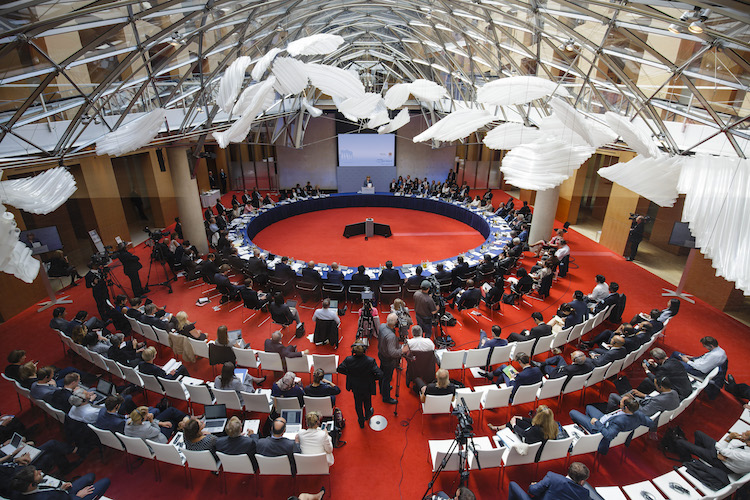By Lisa Vives, Global Information Network
NEW YORK (IDN) – A U.S. State Department red level “Do Not Visit” warning against travel to Burkina Faso has been posted to the U.S. website, as rising rates of COVID-19, terrorism, crime and kidnapping are said to endanger visitors to that country.
“Terrorists may conduct attacks anywhere with little or no warning,” the State Dept warned. “Targets could include hotels, restaurants, police stations, customs offices, areas at or near mining sites, places of worship, military posts, and schools.”
On November 21, it was reported that an American citizen was killed in Ouagadougou, Burkina’s capital.
Four government and army officials confirmed to the AP news wire that the man was shot outside of the Baba Sy military camp on the outskirts of Ouagadougou after trespassing and ignoring a warning shot by soldiers to stop advancing.
The U.S. has a significant presence in the region with Special Forces training local Burkinabe troops, according to research compiled by freelance journalist and Africa specialist Sam Mednick. His extensive news feature titled “The Extent of U.S. Special Forces in Africa,” is posted on the Pulitzer Center website.
“Officially, the United States has just one military base in Africa,” Mednick wrote. “But extensive reporting in the Mail & Guardian and elsewhere has revealed the existence of a network of secret military bases and outposts across the continent. We have been able to obtain an official list of where they are deployed in Africa.
“The list is extraordinary: U.S. special forces are present in nearly half of Africa’s 54 countries.”
Earlier in November, fourteen African soldiers were killed and others injured in Burkina’s Sahel region – one day before Burkinabe voters went to the polls for presidential and legislative elections.
President Roch Marc Christian Kabore is running for re-election to a second five-year term against a dozen opposition candidates. The main issue facing Kabore is that he hasn’t done enough to secure the country and has allowed the jihadists to control larger and larger areas of the country, something he had vowed to stop.
“We will not give up, we will keep fighting until we will have peace and victory on our soil,” he had proclaimed.
Meanwhile, the State Department said it was not aware that the American had any affiliation with the U.S. government, but declined to give more information.
And in election news, with a worsening conflict pitting government forces and international troops against various armed groups linked to ISIL and al-Qaeda, the country’s government ruled it unsafe for registration to take place in 17.4 percent of its electoral communes. As a result, more than 400,000 people were unable to register for the November 22 vote.
Background (from Wikipedia, the free encyclopaedia)
Burkina Faso is a landlocked country in West Africa is bordered by Mali to the northwest, Niger to the northeast, Benin to the southeast, Togo and Ghana to the south, and the Ivory Coast to the southwest. The July 2019 population estimate by the United Nations was 20,321,378. Previously called Republic of Upper Volta (1958–1984), it was renamed “Burkina Faso” on August 4,1984 by President Thomas Sankara.
Due to French colonialism, the country’s official language of government and business is French, but this language is spoken by approximately only 10-15% of the population. There are 59 native languages spoken in Burkina, with the most common language, Moore, spoken by roughly 50% of Burkinabé. [IDN-InDepthNews – 27 November 2020]
Image: Presidential Election Results by Province. Orange denotes districts won by Kaboré, Red denotes districts won by Komboïgo and Green denotes districts won by Diabré. CC BY-SA 4.0
IDN is flagship agency of the Non-profit International Press Syndicate.
Visit us on Facebook and Twitter.
This article is published under the Creative Commons Attribution 4.0 International licence. You are free to share, remix, tweak and build upon it non-commercially. Please give due credit.

